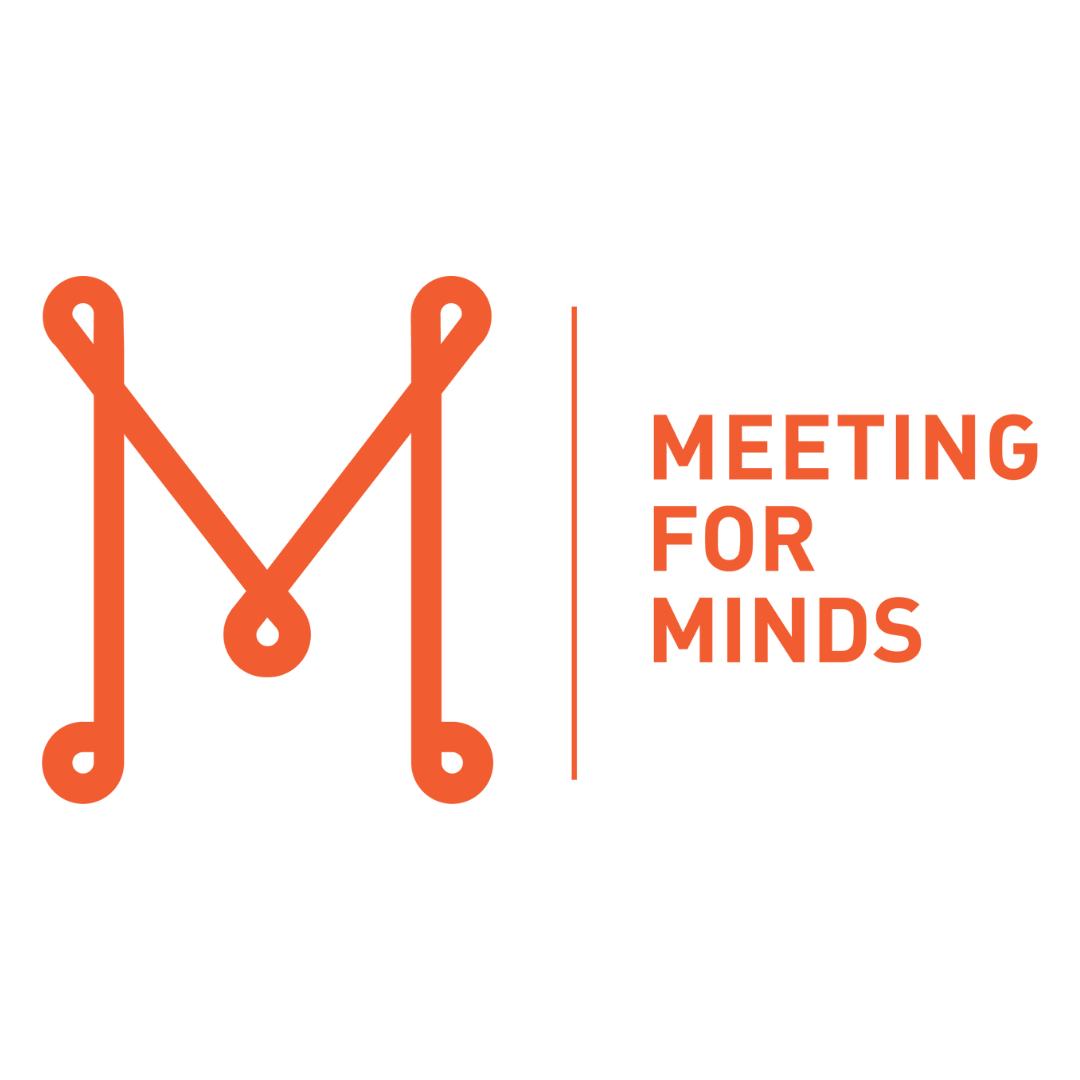workshops & classes



















Why Mindfulness, Meditation, and Therapeutic Journaling?
Mindfulness, meditation, and therapeutic journaling offer powerful ways to manage your mind and emotions, helping you navigate life’s challenges with greater clarity and calm. Research shows that mindfulness isn't just about relaxation—it involves deeper processes like attention regulation and emotional coping.
This workshop goes beyond just practicing these techniques; it helps you understand what happens when you meditate, why mindfulness reduces the impact of negative thoughts, and how journaling can help you process emotions more effectively. By integrating these practices, you'll gain valuable tools for personal growth and well-being.
Options for Your Team:
25-Minute Online Class
Bring a burst of inspiration to your team with a quick 25-minute session, perfect for kickstarting or closing out the workday. Held via Zoom, this class helps your team connect, reflect, and develop new skills to navigate work challenges as they arise.
1-Hour Class or 2-Hour Workshop
Dive deeper with a session on learning how to meditate, integrating mindfulness into daily life, or exploring the benefits of therapeutic journaling. Choose between a focused 1-hour class or an in-depth 2-hour workshop tailored to your team's needs.
Book Paisley as a Speaker
Looking to inspire and engage your audience? Book Paisley as a speaker for your next event, where she’ll share insights on mindfulness, meditation, and journaling, leaving your attendees with practical tools for self-development.
Let’s connect!
Please fill out the form below, and let's start working together! Once you submit the form, I’ll provide you with a pricing guide tailored to your specific needs.


